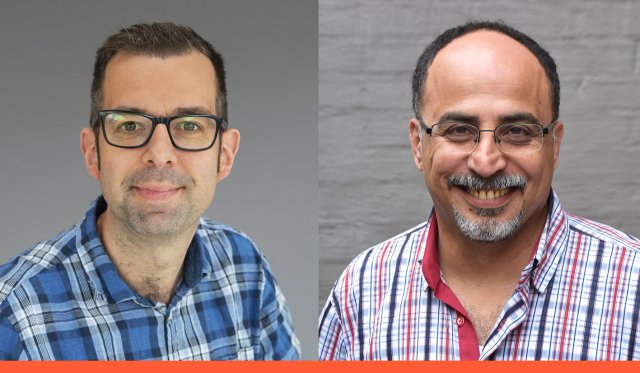New research: How can healthcare workers in Gaza continue to work under extreme conditions?

- By: Kjersti Busterud
- Published: May 27th 2025.
– The study shows that healthcare workers in the Gaza Strip work under very stressful conditions, with a lack of resources, psychosocial stress and direct attacks on healthcare institutions. Despite this, they show a remarkable ability to continue providing healthcare and care to the population, says Abdallah Abudayya.
Together with Geir Tarje Fugleberg Bruaset and Pinar Ekiz from VID, and Hedda Bøe Nyhus and Randi Tofthagen from OsloMet, he has written an article on resilience among healthcare workers in Gaza.
Resilience is about the ability to handle stress and strain.
What makes healthcare workers continue?
The article is titled "Conceptualizing resilience among health workers in the Gaza Strip: a scoping review".
– There has been a lot of research on resilience at the individual level, but little on how systemic, cultural and social factors affect healthcare workers' ability to stay in work over time in a conflict zone like the Gaza Strip, says Abudayya.
– Our study fills this knowledge gap, and highlights the need for comprehensive support schemes that are adapted to the conditions in the Gaza Strip.
Understanding the mechanisms behind resilience can help develop support systems that reduce burnout and trauma among healthcare workers.
Points to the need to develop measures
The article is a systematic review of previous research. It identifies both vulnerabilities and protective factors among Palestinian healthcare workers.
It points to the need to develop measurement tools and measures that are adapted to the cultural and political reality in the Gaza Strip.
The article is the result of a longer research collaboration within nursing science between VID and OsloMet.
– We hope the findings can contribute to better support for healthcare personnel in conflict areas, in addition to increased international attention to the situation in the Gaza Strip, says Abudayya.